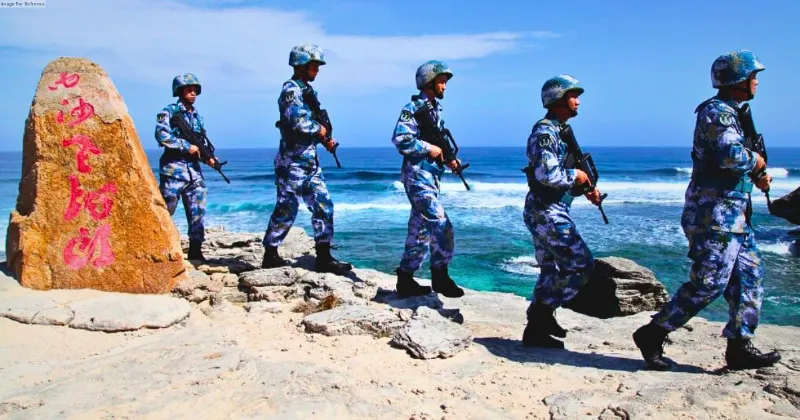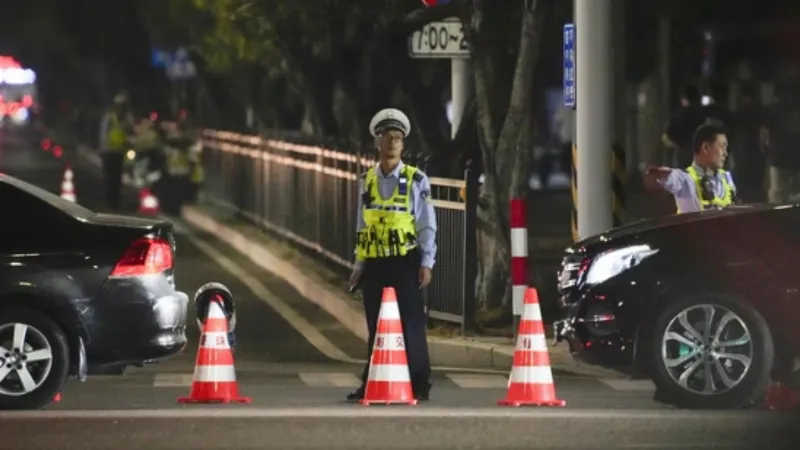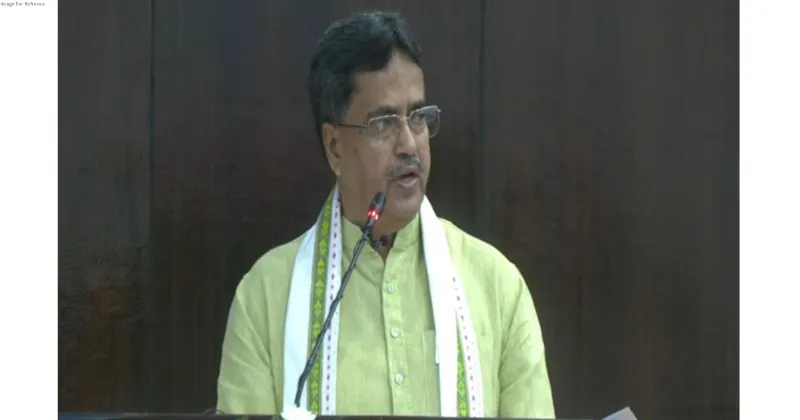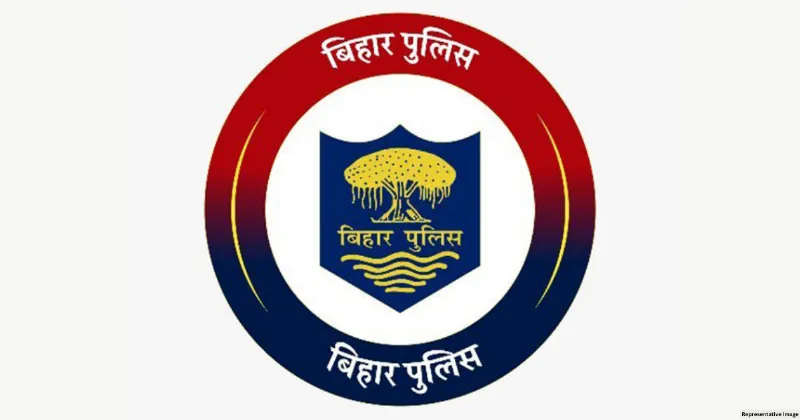Latest News
WHO South-East Asia Region commits to inclusive, equitable and resilient health systems
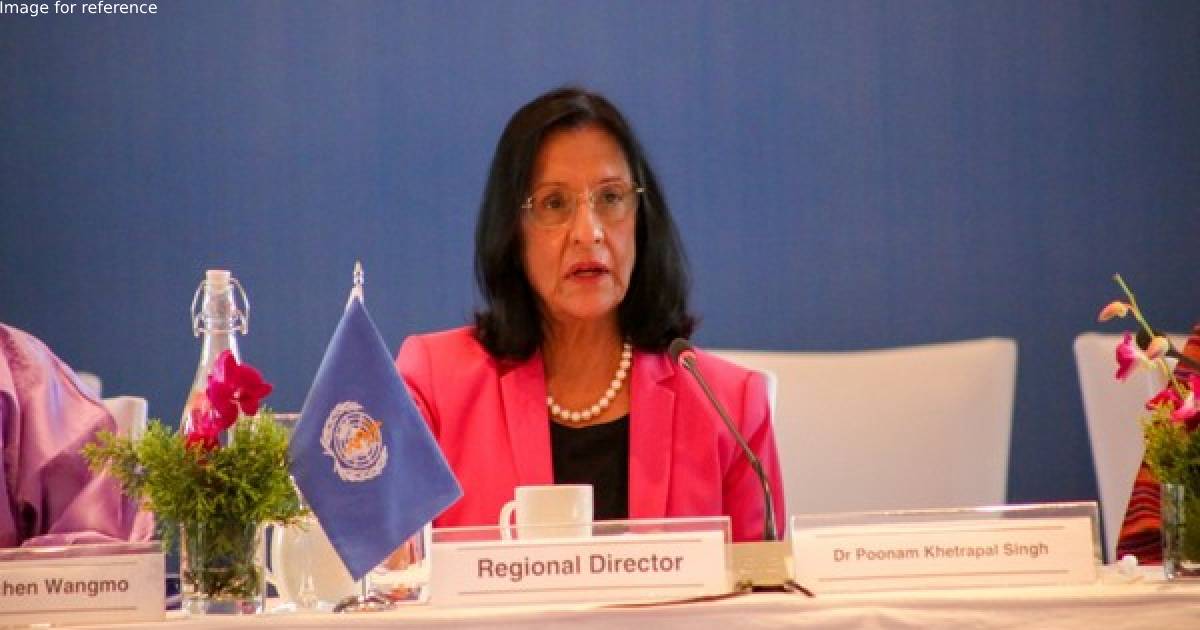
Paro: The Seventy-fifth Session of the Regional Committee for WHO South-East Asia concluded here today with Member countries committing to resilient health systems, accelerating multisectoral actions to address priority health issues.
"We are at a history-defining juncture. Over the past two and a half years, the Region and the world have witnessed immense transformative change. It is important for us not just to spend more on health, but to spend efficiently and equitably. Our focus must be on vulnerable populations, we must identify them and see how best we can address their needs. We cannot leave anyone behind as we seek to drive rapid and sustained progress towards universal health coverage, health security and health for all," said Dr Poonam Khetrapal Singh, Regional Director, WHO South-East Asia in an official statement.
The Regional Committee adopted numerous resolutions to accelerate progress against non-communicable diseases and to promote social involvement to strengthen primary health care in support of universal health coverage.
The annual governing body meeting of WHO in the Region, which met in person for the first time since the onset of the COVID pandemic after three years and adopted the Paro Declaration to address mental health through primary care and community engagement.
Recognizing that climate action is health action, the Regional Committee decided to extend the Regional Framework for Action in Building Health Systems Resilient to Climate Change (2017 - 2022) till 2027, the official press release stated.
The session endorsed Implementation Roadmap for the prevention and control of noncommunicable diseases in South-East Asia 2022-2030, and two action plans -- for oral health in South-East Asia 2022-2030 and for integrated people-centred eye care in South-East Asia 2022-2030 were also endorsed, the release added.
Meanwhile, the member countries also endorsed the Regional Strategy Roadmap on Health Security and Health System Resilience for Emergencies 2023-2027 to boost emergency preparedness, readiness, and response through capacity building and enhanced governance.
The WHO South-East Asia Regional Roadmap for Diagnostic Preparedness, Integrated Laboratory Networking and Genomic Surveillance 2023-2027 was adopted to strengthen national laboratories for improved surveillance and generation of quality data on emerging and re-emerging public health threats.
The member countries sought support in building robust health information systems for evidence and good quality data to guide preparedness and response while the Regional Committee reviewed progress reports on its previous resolutions and decisions on the regional action plan on health, environment and climate change.
Progress against efforts to end preventable maternal, newborn and child mortality in the Region in line with the Sustainable Development Goals and global strategy on women's children's and adolescent health; challenges in polio eradication; and elimination of measles and rubella by 2023, was also reviewed by the Regional Committee, the press release read. (ANI)




